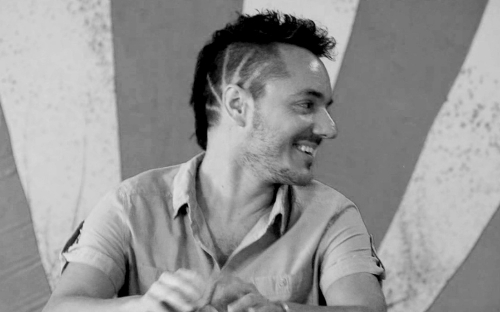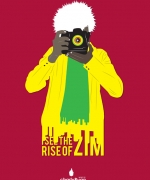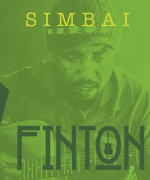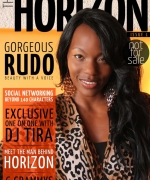What Shoko Festival aims to achieve
What we do hope to see is not just having Shoko as an event but seeing it as part of process and hoping that 100s, we do have 100s of people passing through especially, youth and from diverse backgrounds from the, from the townships and from the suburbs. On the one hand participating in the workshops, in the conferences but we are also aiming to build up more of a database because for every event we have we will always have contact of what’s going on. So, the idea is to build up more and more of a database of youth, young artists, young activists, who are interested in art for social change in its broad sense, so that we can take this movement forwarded in a much more strategic way, be it in having follow up workshops and conferences for those who are interested, be it getting those who’ve come through to be involved in more events, in other festivals and very importantly, I mean the thing that you know, the things that are difficult well you know with art, it’s always, it’s much more difficult to measure than other spheres of NGO life.
You can’t just say 20 people attended a workshop and ate biscuits and we achieved our objectives. There are things that are more difficult to measure are always the hope that having spaces like this that celebrate freedom of expression end up expanding that democratic space, end up expanding spaces of free expression, end up expanding this space for artistic progress in our country and at the same time, apart from pushing forward those ideals of social justice, hoping that also, these kind of spaces give to new ideas and this new generation of artists that we do want to see. Artists that aren’t cut off from outside influences, I think for us it’s really important to create the spaces like this where we bring in fantastic, bright cutting international artists, so we can have this cross pollination happening with local artists.
I don’t listen to radio or TV in Zimbabwe much because it’s not playing what we wanna hear and a lot of mainstream art for me in Zimbabwe and globally doesn’t you know, it doesn’t say what I wanna hear and I think that’s the truth for many people is that, if we gonna you know, hope to promote and produce a new generation of artists that are progressive, that are creative then we have to create the spaces for that because radio and TV aren’t doing that. I mean if we wanna create a generation of artists that just sings about bling and you know, how many cars they got; and how many guns they got; and cool they are and; how sexist they are then I’m sure we can get a lot of sponsors on board and do a festival like that but that’s not what we are about. Creating spaces like these has a lot of immeasurable impacts in this space that it creates and the vibe that it creates, in what it promotes and hopefully how it can lead to a new generation of young artists of young activists who can take over from where we leave off.
It’s about creating those spaces. We wouldn’t of known that the spoken word or hip hop has that kind of following in Zimbabwe if we hadn’t started the slam or if we hadn’t started Mashoko and I think that is the thing in Zimbabwe, its like there are a lot of spaces. It’s about creating that space and I know, you know there is definitely, there is definitely a crowd for, not just hip hop, there is definitely a crowd for spoken word, there are definitely those that are interested in social media, there are definitely those interested in film. There are those who are interested in grafitting and there are those who are interested in b-boying and there are those who will just be interested in B Boying- that’s normal, this festival. There are those who interested in urban design who will be hanging out there by you know, by the clothes stores. So, I think it’s also about youth uniting different you know, different aspects of urban culture and you know, those who are interested in arts and at the same time you know, you will have young activists coming along and interested in new forms that activism can take because you know, I studied English, French and Politics at university and have been involved in political activism but traditional political activism is very boring. I mean artistic, I think when art and culture is used, its more organic, people can relate to it much more and it’s more fun to do you know what I mean? I would much rather go to a concert than go to a political rally. I would much rather go to a you know, go to a gig than go to a workshop you know what I mean? It’s like I think it’s also about exposing, as I was saying, exposing people to that and creating the space to let it thrive.





